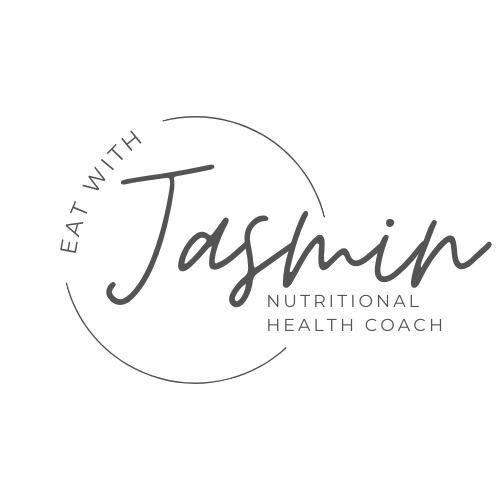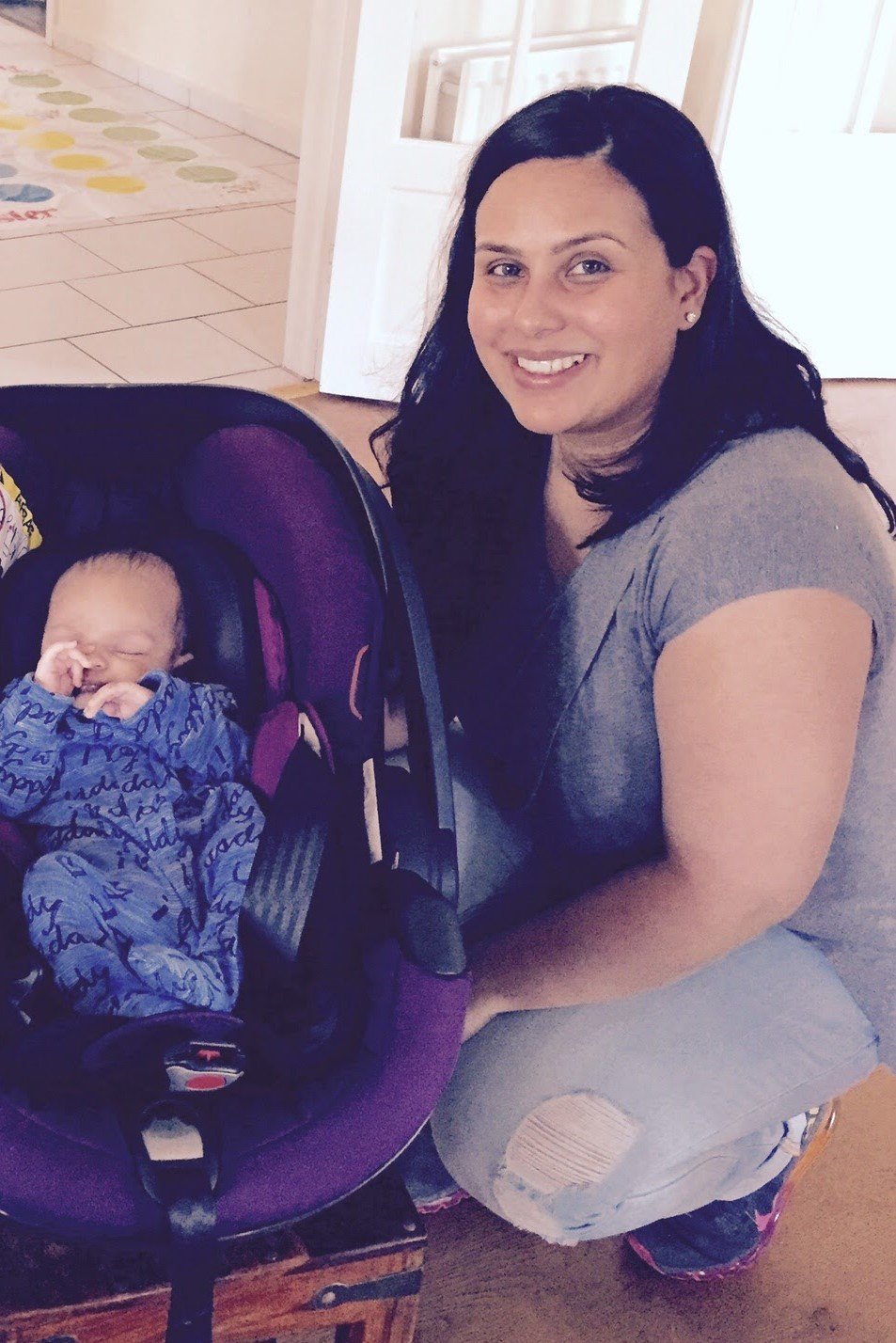Do You Need Willpower To Lose Weight?
Willpower - “The ability to control oneself and determine ones actions”
I regularly hear people say to me “I have no will power at all, so I would never be able to do what you do.” Or “ You have so much will power!”
But is that the case? Has it been sheer willpower that has helped me to lose over 30kg. Is it self-control that helped me to be successful this time round, when previously I would try and fail, over and over again?
Well to some extent yes, I needed some degree of self control to follow a healthy lifestyle, but the longer I stuck at it, the easier it became. Why? Read on to find out more.
Willpower is a finite resource
The thing is, willpower has been identified as being a finite resource. In an experiment conducted by psychologist Roy F. Baumeister (Alcoholism: Clinical and Experimental Research (Vol. 27, No. 2), he found that self control requires strength and energy. Resisting constant desires can deplete your energy reserve making you more susceptible to impulsive behaviours.
“Resisting constant desires can deplete your energy reserve making you more susceptible to impulsive behaviours”
So, the more you resist the desire to do something, the less willpower you have. However, the problem we face is that we are always using up some kind of self control, whether it is resisting the urge to scroll through Instagram or watching another episode of Stranger Things on Netflix. Combine that with trying to eat healthier and we find our energy for self control diminishing as the day goes on.
Making decisions
Another thing that depletes your willpower, is making decisions, and this can be simple things like what to wear today to more complicated decisions at work. Baumeister coins this term “Ego Depletion”. No matter what the decision is, the more you need to “decide” on something, the less willpower you will have left at the end of the day. So when you walk past KFC on your way home, after a long day at work, you’re more likely to give in and grab a bucket.
Boredom
You’ve been working out and eating healthy for a few weeks now, your losing weight and looking great. You’ve been eating the same few things on rotation but your starting to get bored. You’re sick of eggs, you just can’t eat another chicken salad and your partner’s pasta is looking damn good. As James Clear wrote in Atomic Habits ““The greatest threat to success is not failure, but boredom. We get bored with habits because they stop delighting us.” The smallest decline in motivation, even if the current method is working, lead some people to seek out something different.
“You’re sick of eggs, you just can’t eat another chicken salad and your partner’s pasta is looking damn good”
You can conserve your willpower reserve
When I set out to write this blog post, it was going to focus on the formation of habits and reducing decision making to help you reserve your willpower for eating the right kind of food or going for a walk. But the more I researched this, the more I realised that we need to look at physiology as well as psychology to help power through.
Glucose and Self Control
Baumeister and Matthew T Gailliot accidently discovered that low levels of glucose “predict poor performance on self control tasks” and that when glucose levels were restored, acts of self control improved.
So, what does it mean when someone has low levels of glucose? It means that your body is running low on its fuel source and you need a top up. In other words, you are hungry! You’ve probably already heard someone say, don’t do your grocery shopping on an empty stomach, this is something I regularly tell my clients. Because performing decision making tasks while hungry, will further zap your self control. Like most, I’ve experienced moments of hangriness, “You’re not yourself when you’re hungry” - Snicker’s got that right!
But what if your main energy source was not glucose? What if you your blood sugar levels remained stable and you could easily switch between glucose and fat for fuel? Being in a state of metabolic flexibility prevents low blood glucose levels, helping you to be in control when it comes to hunger.
Plan and prepare
Another way of conserving your self control is by planning and preparing ahead. When you already know what you will have for breakfast, you are prepared and have less decisions to make overall.
These small steps ahead of time help in the formation of long term habits. This leads to autopilot actions, so you have less to think about and are able to save your brain power for more pressing tasks. For me, when I started off on my health journey, I planned to go to the gym after I dropped the kids to school. Over time, this plan become a habit and I would find myself driving straight to the gym, whenever I left the kids school.
Tackle tough decisions first
Do you find you are highly motivated first thing in the morning, but as the day goes on, you get more tired and less likely to do the stuff you set out to? Well, this is because your willpower is higher first thing. The best way to try and preserve that willpower, is by tackling the tougher decisions first. This way you don’t sweat out over the little stuff, giving you more power over your self later.
It also helps to write down all the things you need to do or even decide on. Rather than feeling overwhelmed with “I’ve got so much to do” having it written down, helps to focus on what tasks need to be carried. Then tackling one thing at a time, can feel like a manageable achievement, whilst not depleting your will.
Out of sight, out of mind
You may have heard the saying before “Out of sight, out of mind” and this is one that really applies to me. When I know there’s a treat in the fridge, whether it is a healthy treat or not, I can’t stop thinking about it. Knowing something is lurking around, waiting to be eaten, is enough to send even the strongest person over the edge. You’ve probably heard of the marshmallow experiment that was conducted with kids. Where a marshmallow was left in front of children and they were told that that the adult will leave the room for 2 minutes. If the child didn’t eat the marshmallow, they would get two at the end. Most of the children gave in, but the ones who were successful were the ones who distracted themselves from the temptation. Things like covering their eyes or singing a song.
“Knowing something is lurking around, waiting to be eaten, is enough to send even the strongest person over the edge”
So the best thing you can do, is not to bring the temptation home. If it’s not there, you will find yourself thinking about it less.
Change it up!
Diet fatigue or boredom are some of the main reasons why people give up on healthy habits quickly. Whether they are achieving their goals or not, the monotony of your food choices start to lose its appeal. For me, I found experimenting with different recipes and trying to make healthier alternatives kept me excited about my meals.
It may also be a sign that you need to hang up that apron and go out for a meal. Eating healthy doesn’t mean chicken breast and broccoli everyday. Treat yourself to some juicy steak and a glass of red wine. Enjoy your meal and change it up.







